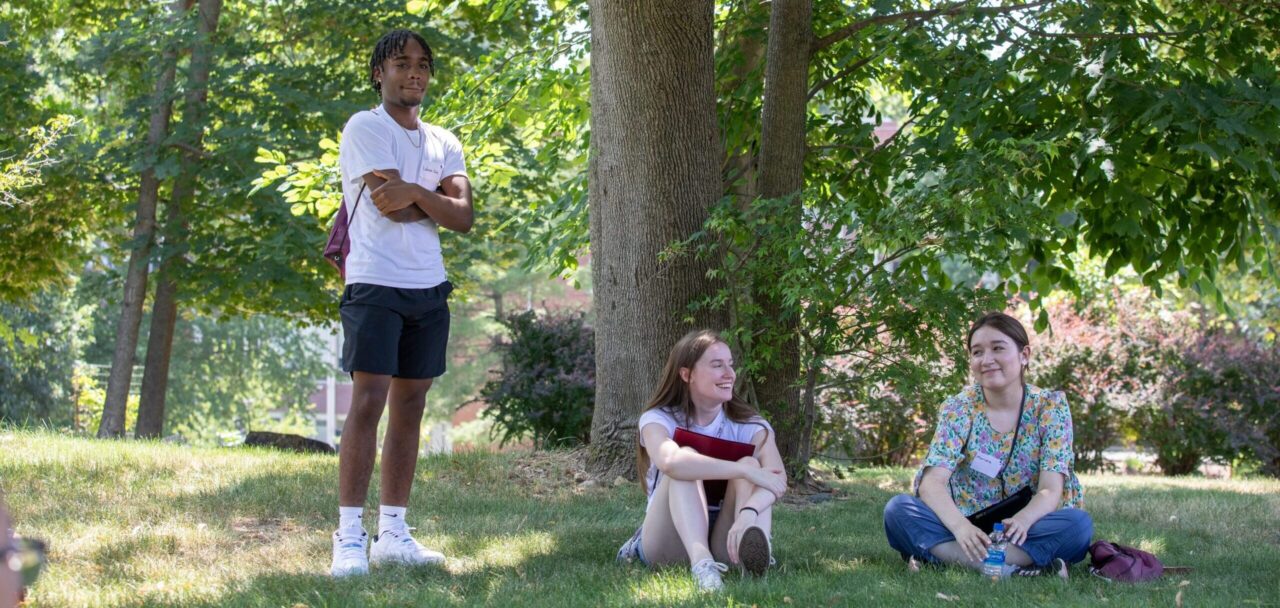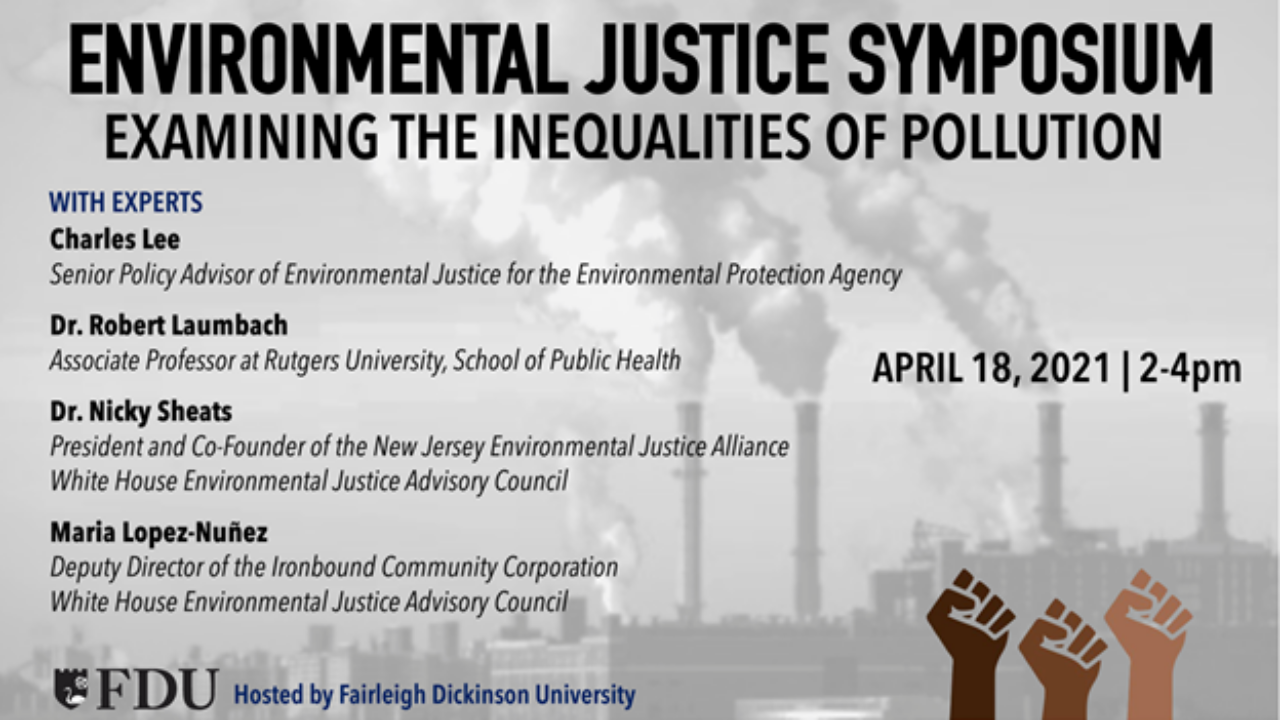Community Engagement and Social Issues

Purpose
The FDU Sustainability Community Engagement subcommittee works collaboratively with groups, organizations, and local communities to create synergistic and sustainable approaches to social challenges.
Working Group Membership:
Our group’s members include the following (this is the information I’ve gathered from their websites):
- Connie Bygrave, Assistant Professor of Administrative Sciences, School of Public and Global Affairs
- Dan Cassino, Professor of Government and Politics and Director of Experimental Research for the FDU Poll, Department of Social Sciences and History
- Nandita Ghosh, Associate Professor of English, Department of Literature, Language, Writing, and Humanities
- Georgia Winters, Assistant Professor and Deputy Director, Forensic Psychology M.A. Program, School of Psychology
- Elise Morton, Assistant Professor, Department of Biological Sciences (Chair)
The FDU Poll partnership with New Jersey Farm Bureau
The FDU Poll has entered into a partnership with the New Jersey Farm Bureau to measure public engagement with farms, and public views on policy issues relating to New Jersey agriculture and sustainable energy. This partnership has led to a statewide survey, to be carried out in June of 2021, followed by public and media engagement with the results. The results of the study will help to inform legislative efforts on behalf of New Jersey farmers on a variety of issues.
Urban Farming
Based on a student-led initiative, FDU has recently purchased a bird-friendly greenhouse to be housed on the Florham campus. Working with the biology department and FDU’s student Green Club and Science club, we are planning to partner with the Battery Park Conservancy to develop an urban farm.
Creating blight resistant trees
‘Academic Research’ was a component for developing the saplings for the purpose of creating blight resistant trees.
Also, Geo coordinates were used when assessing local geography and soil conditions to determine suitability for sustained growth of the trees. This research was conducted by the American Chestnut Foundation.
The trees could become part of a campus research project. Data collection related to rate of growth and health of the trees would provide longitudinal information necessary to identify trees likely to reach maturity.
While trunk sprouts occasionally occur in forests, these trees typically will not reach maturity due to the blight.
A longitudinal study of this type is of value for assessing tree selection when considering reintroduction to the forests.
Environmental Justice Symposium
The Sustainability Task Force (Community Engagement and Social Issues Subcommittee), Honors Academy, the Departments of Criminology & Criminal Justice, Social Sciences, and Biology collaborated to organize a virtual Environmental Justice Symposium, focused on local EJ issues in the state of NJ. The event was a success with over 100 attendees, including many members of the public and specialists from other parts of the country.
Description of Event
Exposure to a variety of environmental risks is a social justice issue that disproportionately affects Black, brown, and lower income communities. Throughout history, structural racism and classism have ensured that powerful interests can leverage their capacities to maximize their profits and minimize responsibility, often at the expense of the people. One consequence of this is that overburdened communities experience higher rates of health problems tied to the cumulative impacts of air and water pollution.

-
Author of Toxic Wastes and Race in the United States which has been cited as “the first report to use rigorous analysis and methods to show how pollution and environmental hazards were disproportionately affecting minority and low-income communities.”
-
Specializes in the cumulative impacts of urban air pollution on human health as a social justice problem
-
White House Environmental Justice Advisory Council
Lifelong activist fighting for environmental justice, Dr. Sheats was instrumental in passing the Environmental Justice Cumulative Impacts Bill, the first of its kind in the entire United States.
-
White House Environmental Justice Advisory Council and Climate Justice Alliance
A powerful advocate for environmental justice, Maria has been taking on corporate polluters and leading the way towards meaningful change such as helping to draft and pass groundbreaking legislation such as the Cumulative Impacts Bill and the Right to Council.